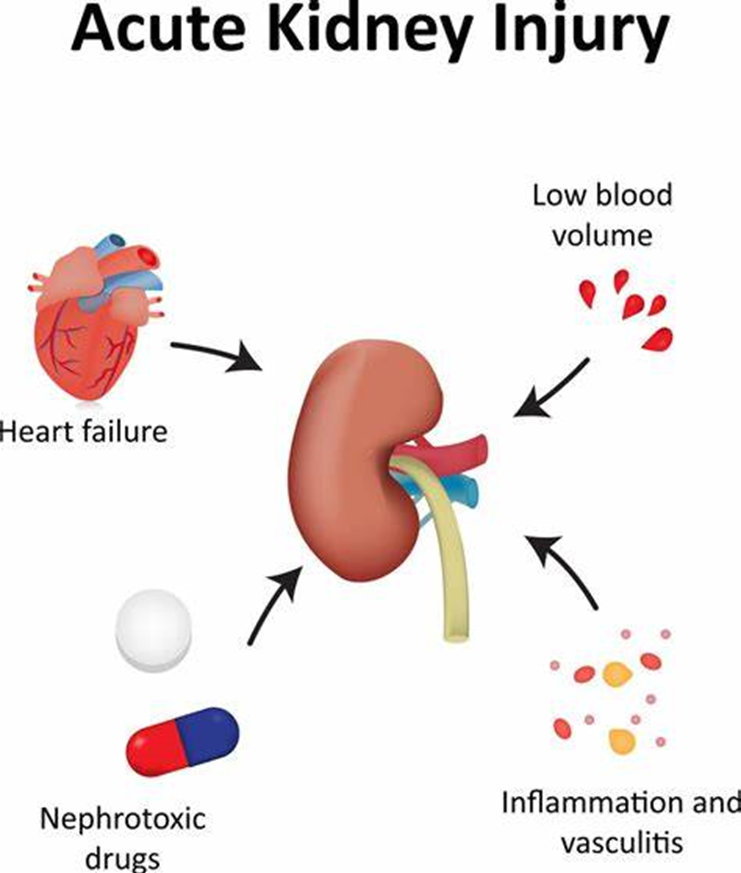A nurse is assessing a client who reports ear pain for the past three days that has suddenly resolved. The client has a new onset of otorrhea (drainage from the ear). The nurse should recognize the client has manifestations of which of the following conditions?
Ménière's disease
Mastoiditis
Perforated tympanic membrane
Acoustic neuroma
The Correct Answer is C
Choice A reason: Ménière's disease typically presents with vertigo, tinnitus, and hearing loss, not sudden resolution of ear pain with otorrhea.
Choice B reason: Mastoiditis may cause ear pain and drainage, but it is usually accompanied by fever and tenderness over the mastoid bone, not sudden pain resolution.
Choice C reason: A perforated tympanic membrane can lead to the sudden resolution of ear pain followed by drainage, as the pressure causing the pain is relieved when the eardrum ruptures.
Choice D reason: Acoustic neuroma typically presents with progressive hearing loss and tinnitus, not ear pain or otorrhea.
Nursing Test Bank
Naxlex Comprehensive Predictor Exams
Related Questions
Correct Answer is D
Explanation
Choice A reason: The prone position is not suitable for abdominal paracentesis as it does not allow access to the abdominal cavity.
Choice B reason: The lateral position is also not suitable as it can cause the fluid to shift, making it difficult to remove.
Choice C reason: While the supine position is commonly used for many medical procedures, it is not the best choice for abdominal paracentesis due to the distribution of fluid.
Choice D reason: The upright position is preferred because it allows the fluid to pool at the lowest point of the abdominal cavity, facilitating its removal.
Correct Answer is C
Explanation
Choice A reason: Renal function is not typically reestablished during the oliguric phase of acute kidney injury; this phase is characterized by a significant reduction in urine output due to renal tubule damage.
Choice B reason: BUN and creatinine levels usually increase during the oliguric phase because the kidneys' ability to filter and excrete these waste products is compromised.
Choice C reason: The oliguric phase is defined by a urine output of less than 400 mL per 24 hours, which is a result of decreased kidney function and damage to the renal tubules.
Choice D reason: The GFR does not recover during the oliguric phase; instead, it is typically low due to reduced kidney function. Recovery of GFR occurs later in the recovery phase of acute kidney injury.

Whether you are a student looking to ace your exams or a practicing nurse seeking to enhance your expertise , our nursing education contents will empower you with the confidence and competence to make a difference in the lives of patients and become a respected leader in the healthcare field.
Visit Naxlex, invest in your future and unlock endless possibilities with our unparalleled nursing education contents today
Report Wrong Answer on the Current Question
Do you disagree with the answer? If yes, what is your expected answer? Explain.
Kindly be descriptive with the issue you are facing.
